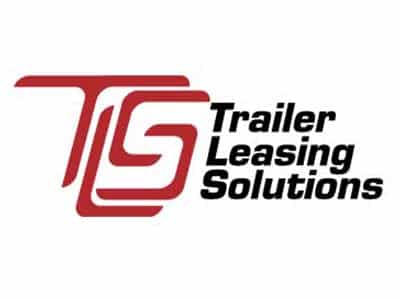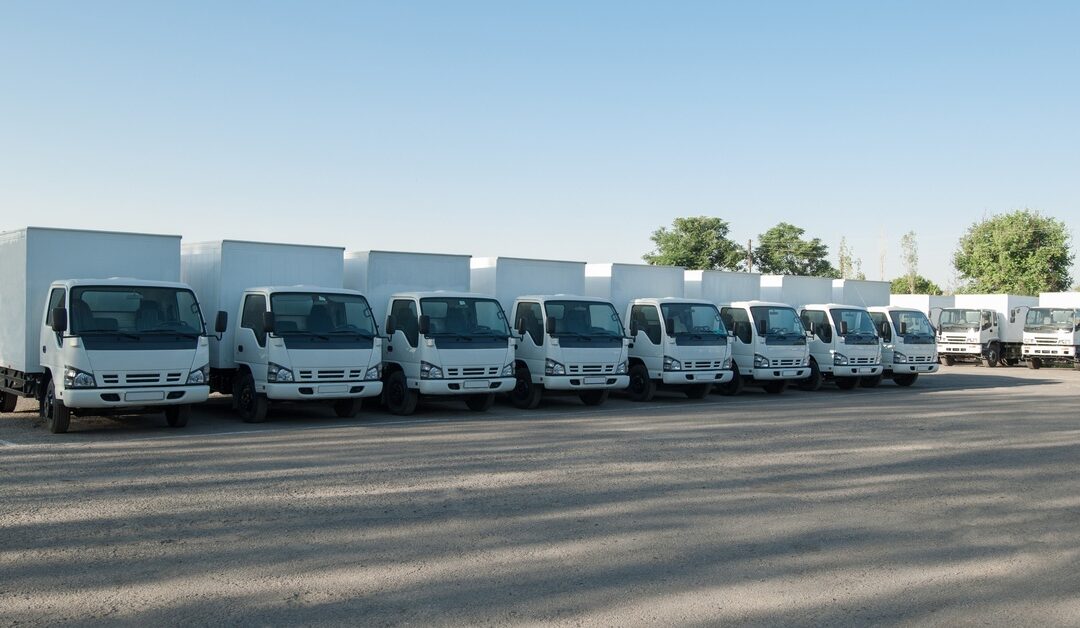When it comes to storage, the size of a trailer can make or break your experience. Whether you’re a business owner seeking extra inventory storage or a logistics partner, there are a lot of factors to consider when choosing the right trailer size. Understanding how trailer size impacts storage can help you maximize efficiency and save you from unnecessary expenses. Let’s explore the factors you must keep in mind when selecting your trailer size.
Space Requirements
As a trailer gets bigger, so does the space it needs for being stored. Consider where the trailer will be parked or stored when not in use, as a trailer that’s too large can create challenges like restricting space in driveways, garages, or storage lots.
Start by assessing the quantity and dimensions of the items you plan to store or transport. Larger trailers are better suited to accommodate oversized furniture, business inventory, or equipment, while smaller trailers may suffice for personal use or smaller goods.
Accessible Maneuvering
The size of your trailer directly affects how easily it can be maneuvered. Larger trailers can be harder to drive, park, and reverse in tighter spaces. Smaller trailers, in contrast, are simpler to handle and can fit into tighter spaces. If your storage needs involve frequent movement or multiple locations, a smaller, more compact option may save you time and stress.
Costs
The size directly influences the cost of leasing or purchasing a trailer. Larger trailers typically come with a higher price tag due to their increased capacity and additional features, but they can also incur higher maintenance and fuel costs when in use.
However, opting for a smaller trailer to save money can backfire if you underestimate your storage needs, leading to additional trips or a second rental. To strike the right balance, calculate your total needs beforehand and compare prices across different size options.
Volume of Items
Choosing a trailer that’s too large can lead to taking up unnecessary space and disorganized inventory. If you’re a business owner, consider your typical cargo size and how frequently it changes. Being realistic about the volume ensures you won’t waste money on excessive space or risk damaging items by trying to squeeze them into a trailer that’s too small for the job.
Choosing the Right Trailer Size
Understanding how trailer size impacts storage can help you achieve your business’s specific needs while saving on costs. Choosing the correct trailer size means evaluating your available space, trailer maneuverability, and overall expenses. Begin by making an inventory of what you’ll store or haul, consider your vehicle’s towing capacity, and think about how and where the trailer will be used.
At Trailer Leasing Solutions, we offer 53-foot trailer leasing services tailored to your unique needs. Contact us today to find the perfect trailer size for your storage needs!



